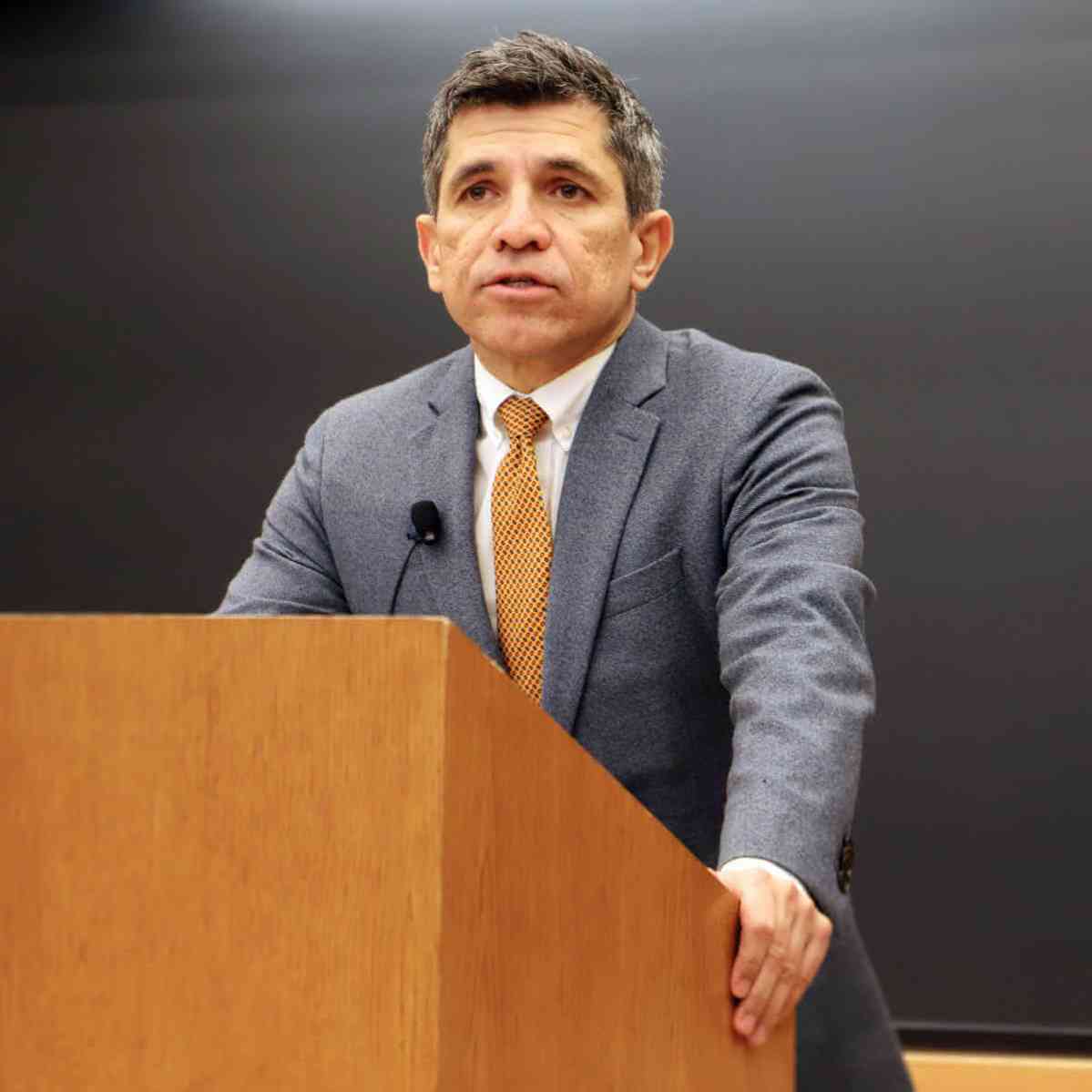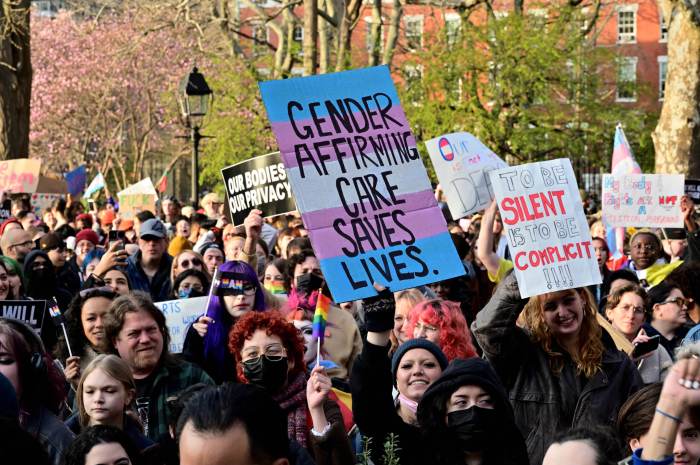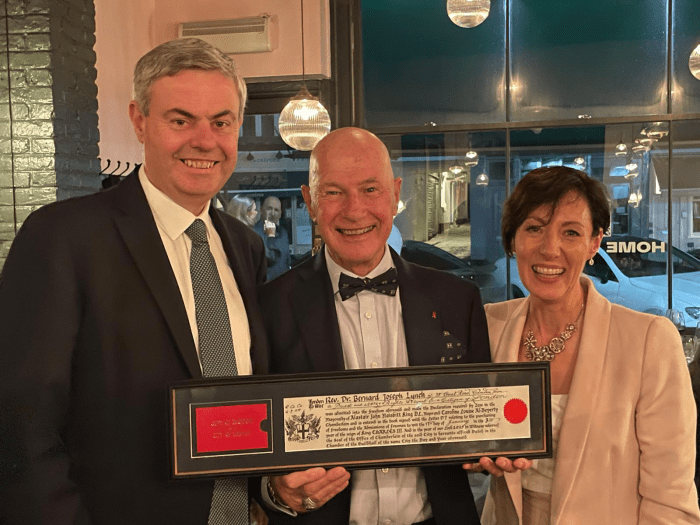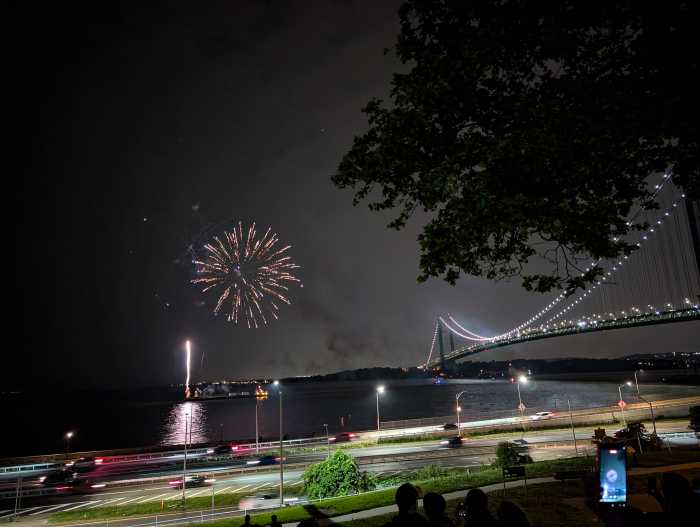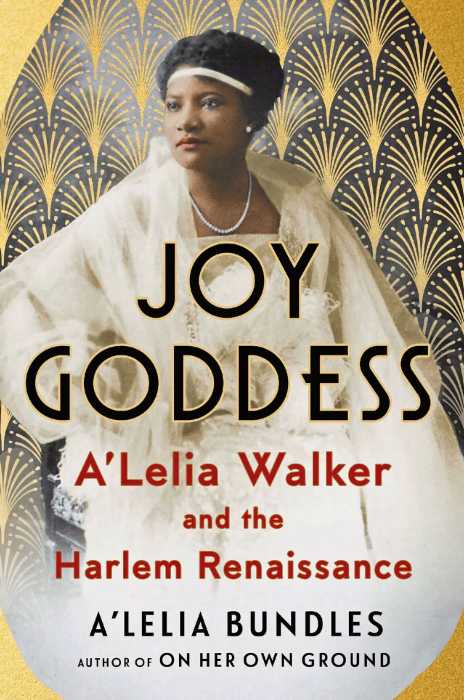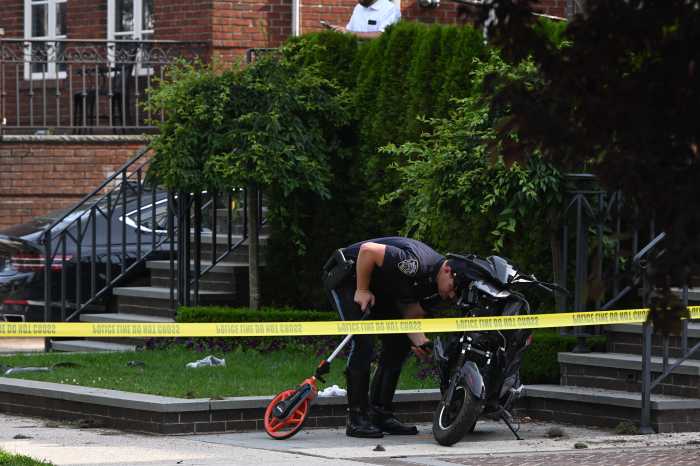One year after the United States ditched the United Nations’ Human Rights Council, the body voted on June 12 to reappoint an expert tasked with protecting LGBTQ rights around the world.
Nations participating in the Council voted 27-12, with seven countries abstaining, to extend the position known as the Independent Expert on Protection Against Violence and Discrimination Based on Sexual Orientation and Gender Identity (IE SOGI). The UN’s Human Rights Council consists of 47 nations, but more than 1,300 organizations from 174 countries signed on to a letter encouraging the members to vote in favor of the reappointment.
The IE SOGI was originally created in 2016 and its office-holder serves three-year terms. Victor Madrigal-Borloz currently holds the position after the original appointee, Vitit Muntarbhorn, left the role in 2017.
Some key votes came out of Africa, where some countries across the continent have started to loosen firm grips on anti-LGBTQ laws and attitudes dating back to the colonial era. South Africa, known as a more progressive outlier on the continent, voted in favor after abstaining last time, while the Congo abstained after voting against it in 2016. Rwanda and Tunisia cast votes for the first time and both voted “yes.” Angola, Burkina Faso, Senegal, and Togo were among other abstentions along with Hungary and India, which decriminalized sodomy last year.
Still, some African nations joined others in casting “no” votes, as did a host of Middle East and Muslim-majority nations. Those that voted in opposition were Afghanistan, Bahrain, Bangladesh, China, Egypt, Eritrea, Iraq, Nigeria, Pakistan, Qatar, Saudi Arabia, and Somalia.
The 27-12 margin marked a healthy improvement from the slim 23-19 passage of the same measure in 2016 — a vote that the US also did not participate in for reasons that are not clear.
The US has endured a complicated relationship with the Council in recent decades, as former President George W. Bush withdrew from the group before the nation re-joined under President Barack Obama. This time around, the former US ambassador to the UN, Nikki Haley, explained the US’ departure from the Council as a response to resolutions passed against Israel, but that was likely simply what the administration viewed as the best face to put on a broader withdrawal from international human rights advocacy. In the past week, Secretary of State Mike Pompeo created a panel tasked with reviewing the role of human rights in American foreign policy, saying that the nation’s efforts on that front “have drifted from their original mission.” Mary Ann Glendon, a former ambassador to the Vatican with longstanding homophobic positions, was appointed to head the Pompeo panel.
In his role, Madrigal-Borloz, who hails from Costa Rica, reviews the status of human rights law, raises awareness, communicates with all relevant nations, advises, and broadly addresses violence and discrimination against LGBTQ people, according to the UN. He is a senior visiting researcher at Harvard Law School’s Human Rights Program and previously served as secretary-general of the International Rehabilitation Council for Torture Victims, which is an international network of organizations providing rehab services and care.

